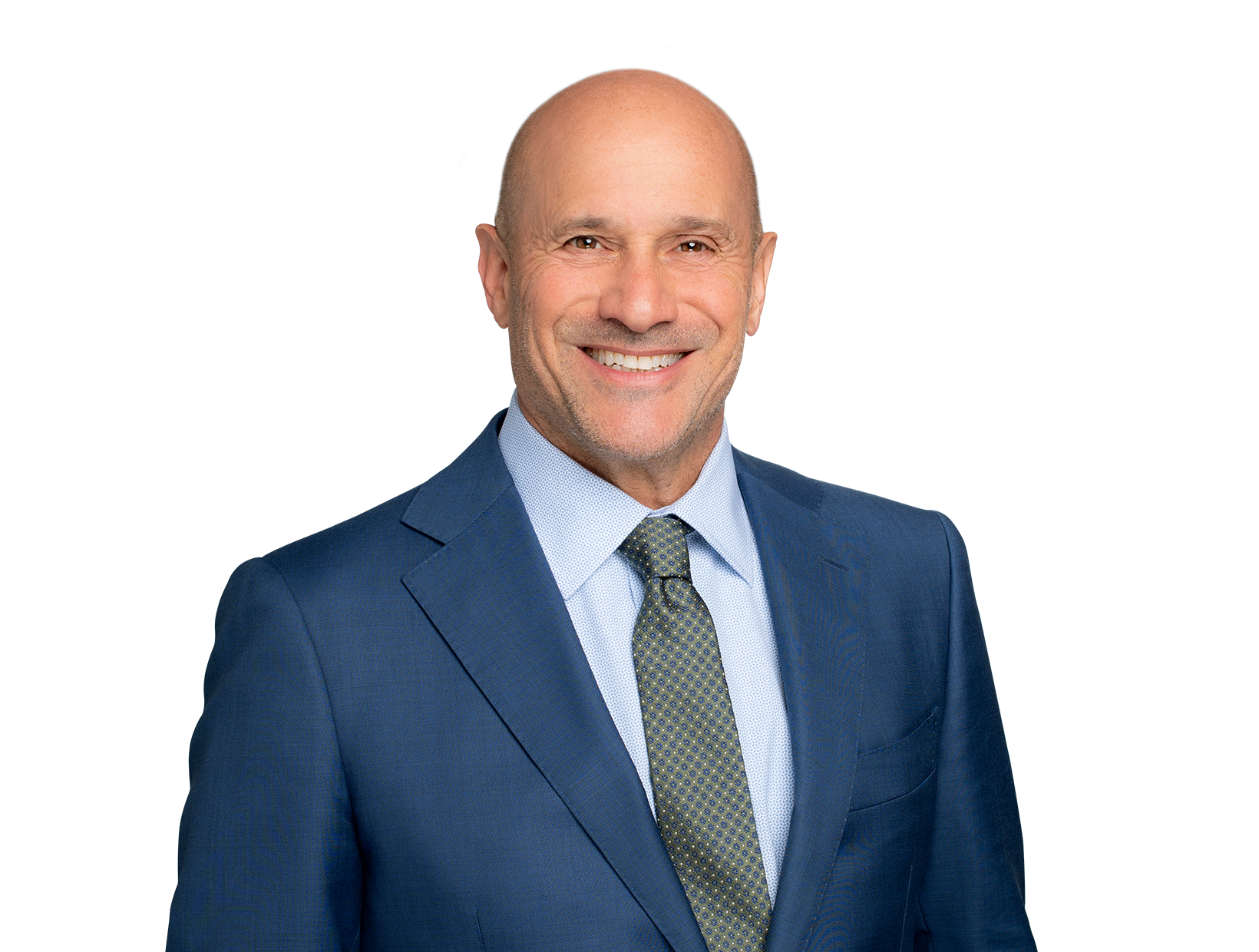Blog
DDE rules on settlement agreements, foreign sales, and non-infringing alternatives
Fish & Richardson
Authors
-
- Name
- Person title
- Principal

The District of Delaware, in M2M Sols. LLC v. Enfora, Inc.,Case No. 12-32-RGA (Judge Andrews) (March 9, 2016), considered, in part, plaintiff's Daubert motion and defendants' summary judgment motion (MSJ) on damages issues. The court granted plaintiff's Daubert motion, and granted in-part and denied in part defendants' MSJ.
Plaintiff's Daubert MotionIn granting the plaintiff's Daubert motion, the court excluded defendants' expert Dr. Choi's reliance on two settlement and patent licensing agreements. The court held that the defendants had failed to meet their burden of showing that the two agreements were technically and economically comparable to the hypothetical negotiation at issue.
The court noted that Dr. Choi's conclusory statements about technical comparability were substantiated only by similar conclusory statements by defendants' technical expert. Accordingly, the court concluded that "loose, vague allegations of technological comparability, without any explanation, are insufficient, and do not even provide a basis to meaningfully assess technological comparability." Slip op. at 18 (citing Laser Dynamics, Inc. v. Quanta Computer, Inc., 694 F.3d 51, 79 (Fed. Cir. 2012)).
With regard to economical comparability, the court held that the agreements at issue were litigation settlement agreements, which the Federal Circuit has generally found to be incomparable for purposes of hypothetical negotiation. Slip op. at 19 (citing Laser Dynamics., 694 F.3d at 79 (Fed. Cir. 2012)). That the settlement agreements involved non-practicing entities similar to the plaintiff did not overcome the fact that the technology was incomparable or that the licenses resulted from litigation settlements.
At bottom, the Court excluded references to these settlement agreements altogether, thus precluding Dr. Choi from even relying on these agreements as "a sanity check" to confirm his royalty analysis. Slip op. at 20.
Defendants' MSJ on Damages IssuesIn their MSJ, defendants were (1) seeking no damages for products manufactured and shipped abroad and (2) seeking to limit damages to the cost of implementing acceptable, non-infringing alternatives.
In granting defendants' MSJ on the first issue, the court held that plaintiff was not entitled to any damages on the foreign sales because it had failed to meet its burden of showing that the products manufactured and shipped abroad had entered the U.S. Defendants' 30(b)(6) witness had admitted that $8 million worth of foreign-sold products ultimately ended up in the U.S. However, plaintiff sought damages on all foreign sales rather than a subset of those sales and thus, the court granted Defendants' motion for summary judgment of no damages for the foreign sales.
The court refused to limit damages to the cost of implementing an acceptable non-infringement alternative because of clear Federal Circuit precedent on this issue. Slip op. at 26 (citing Mars, Inc. v. Coin Acceptors, Inc., 527 F.3d 1359, 1373 (Fed. Cir. 2008); Zygo Corp. v. Wyko Corp., 79 F.3d 1563, 1571-72 (Fed. Cir. 1996)). The court further stated that "[i]t remains the province of the jury to credit or discredit the opinions of [defendants' damages and technical experts] as to the feasibility, commercial acceptability, cost, and availability of their proposed, non-infringing alternatives." Slip op. at 26.
The opinions expressed are those of the authors on the date noted above and do not necessarily reflect the views of Fish & Richardson P.C., any other of its lawyers, its clients, or any of its or their respective affiliates. This post is for general information purposes only and is not intended to be and should not be taken as legal advice. No attorney-client relationship is formed.